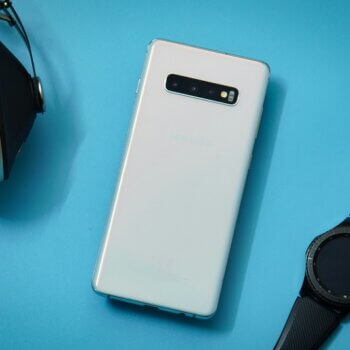
Bitter taste for compatibles – use of trade marks by third parties
Under EU and national trade mark legislation, use of a trade mark by a third party is prohibited unless certain conditions are met. Recent Italian court cases involving Nestlé consider the principles of honest practices and fair business conduct in determining whether a third party’s use of a trade mark has taken undue advantage of the brand’s reputation.
In Italy, compatible capsules are becoming increasingly popular in what is a real growth market area. However, competitors are often tempted to link their compatible products with well-known trade marks in the coffee/soluble substances business. Such association is particularly prevalent in the online marketing and advertising space where advertisements quickly go viral.
Under EU and national trade mark law, use of a trade mark by a third party is prohibited unless certain conditions are met so that use of the mark is deemed lawful. For example, where the use of a trade mark is necessary to indicate the intended purpose of a product or service, in particular, as accessories or spare parts, provided that such use is in accordance with honest practices in industry or commercial matters.
Accordingly, a balance needs to be found, on one hand, between the potential limitations of the trade mark owner’s rights and, on the other hand, the protection of the brand itself so that its value is preserved and unwarranted exploitation of the brand’s reputation is avoided.
In two recent decisions by the Court of Milan, Nestlé – besides successfully claiming, in one case, patent infringement on Nescafé Dolce Gusto capsules – alleged trade mark infringement and passing off against competitors who did not use the NESPRESSO and NESCAFĖ DOLCE GUSTO trade marks in accordance with honest practices in industry or commercial matters.
The Court found that use of both trade marks on competitors’ websites and point of sales material was deemed to go beyond the need to inform consumers that compatible capsules can be used in Nespresso or Nescafé Dolce Gusto machines and, therefore, cannot benefit from the exception provided for by the law.
The Court held that the third party could use the trade marks to inform the consumer that these capsules were compatible with Nespresso or Nescafé Dolce Gusto machines, but, such a technical compatibility could not legitimate the competitor’s use of Nestlé’s trade marks where:
(a) consumers find it difficult to understand whether the advertising claim refers to Nestlé’s products or to the compatible products, particularly for online shopping;
(b) consumers are constantly under the impression that there is a direct connection between Nestlé and the competitor by way of the repeated association of Nestlé’s trade marks with the compatible product. According to the Court, said uses cannot be justified with the necessity to inform the public of the competitor’s status as a retailer of Nestlé’s products which bear Nestlé’s trade marks, or, the need to announce the compatibility of its capsules with Nestlé’s machines.
(c) consumers are lead to make improper comparisons between the qualities of the compatible capsules and Nestlé’s capsules, or, induced into buying the compatible capsules in circumstances where it would be reasonable to expect them to purchase the original Nestlé ones.








